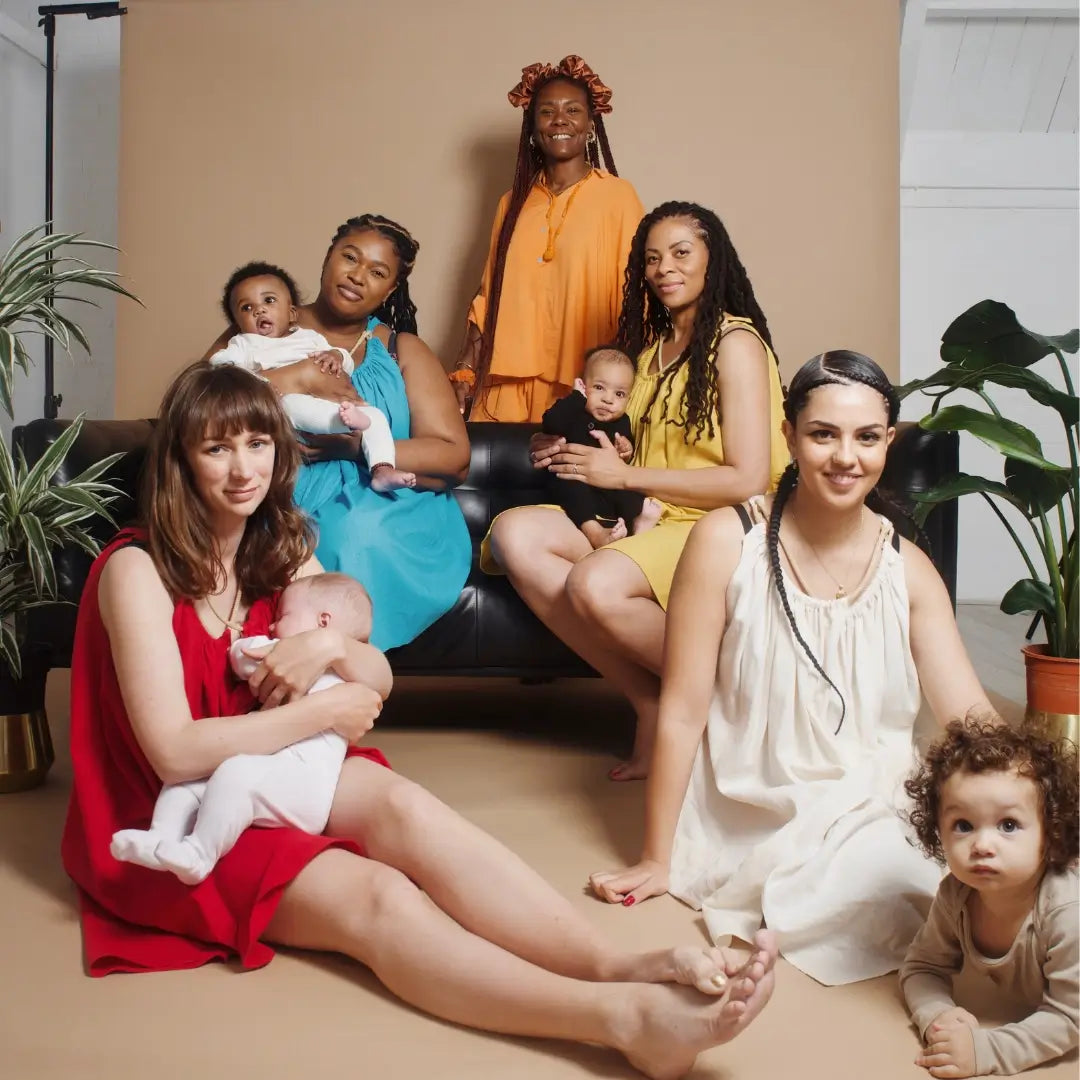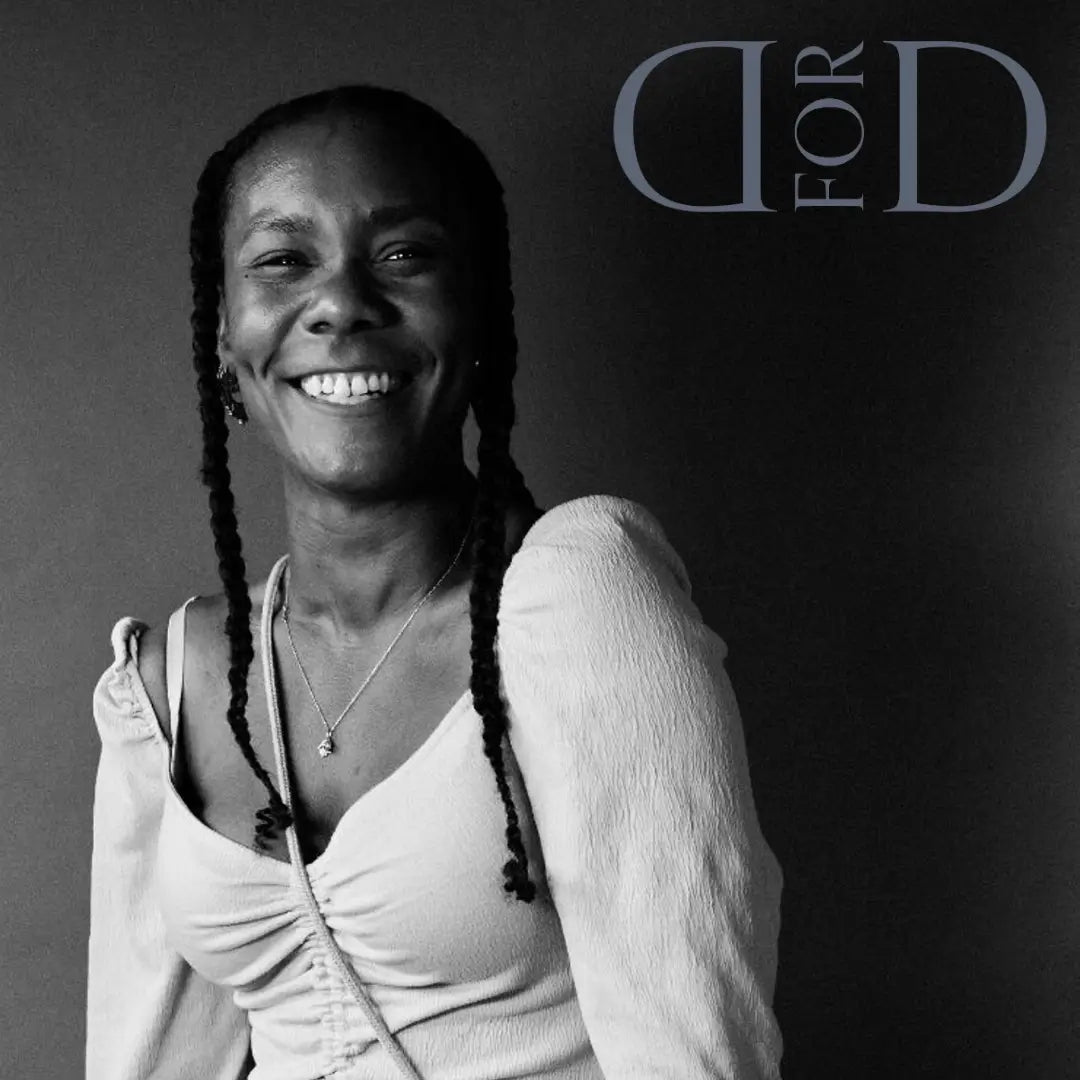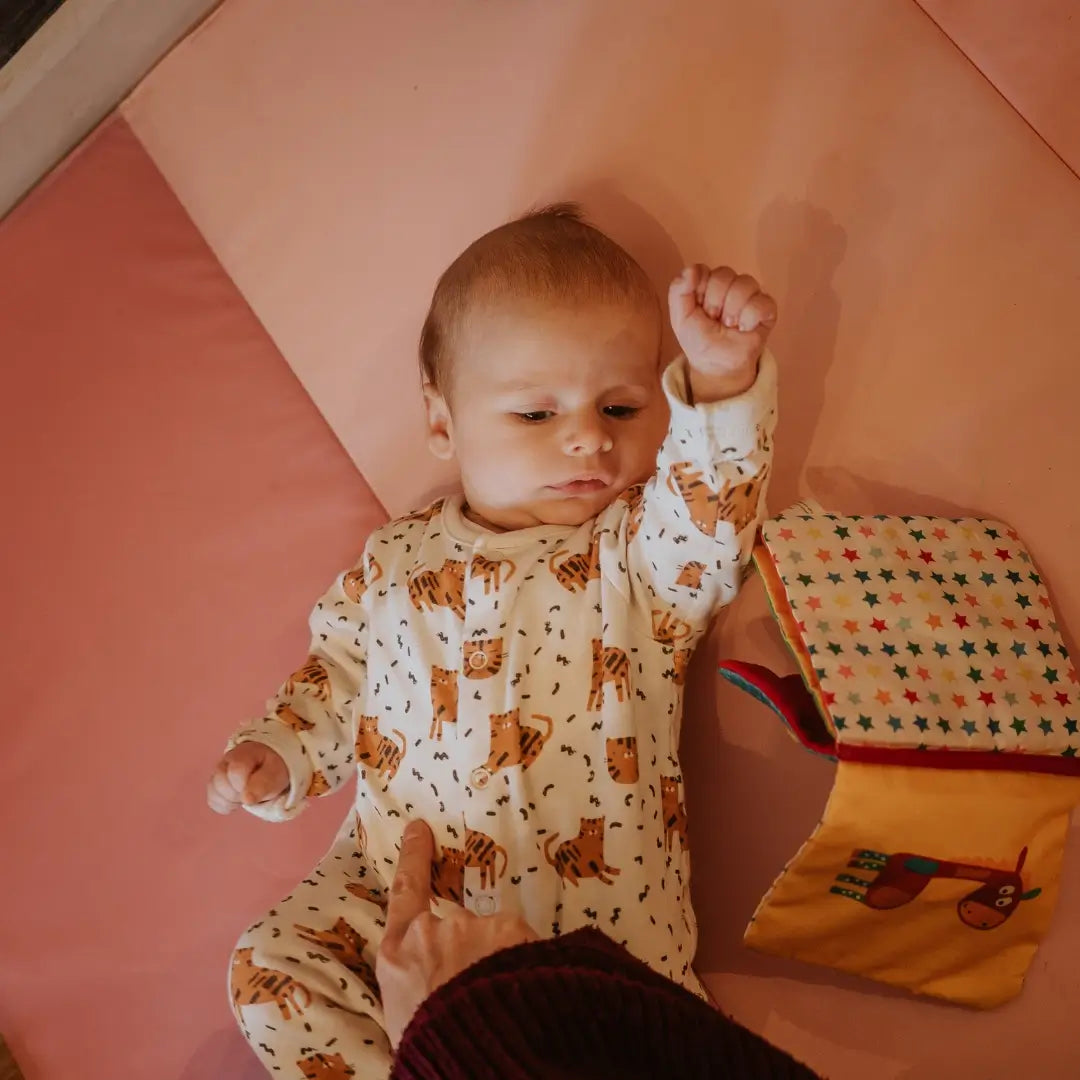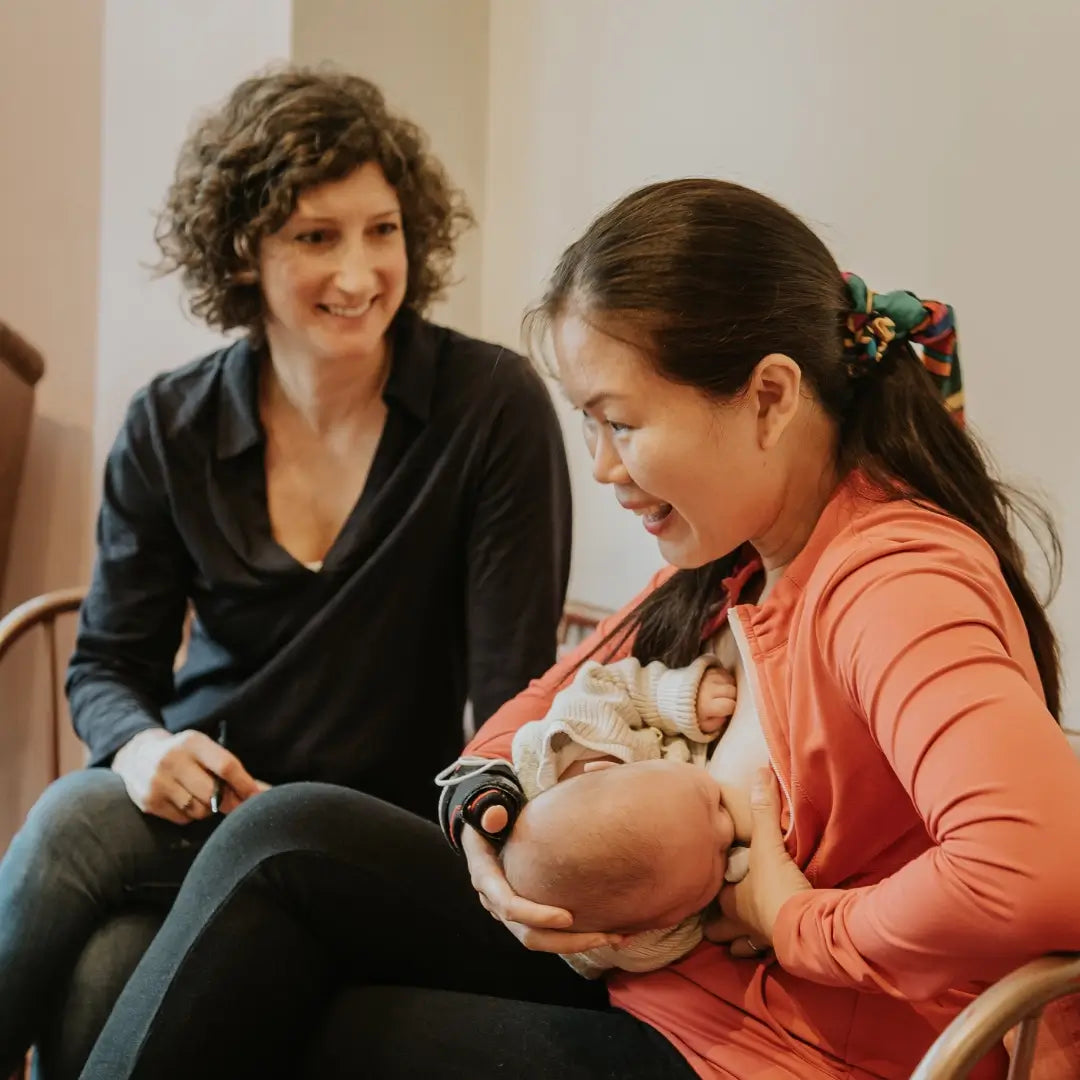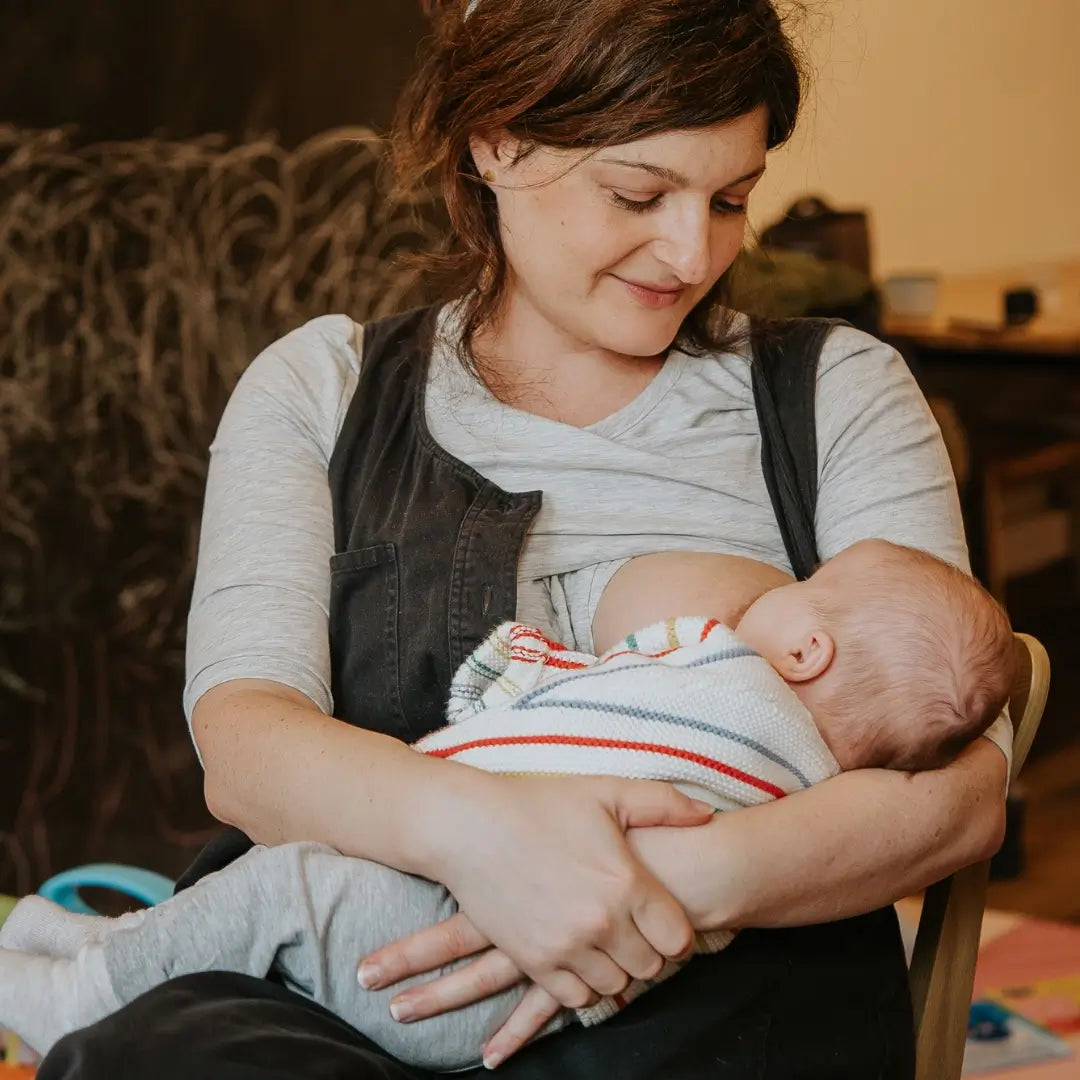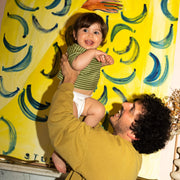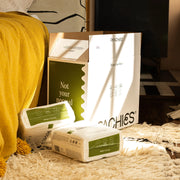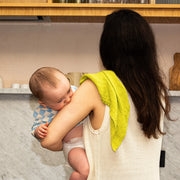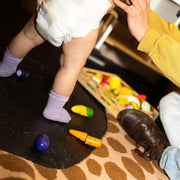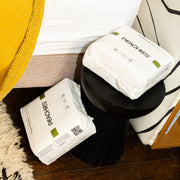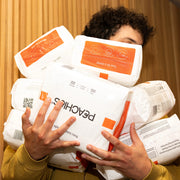- Loss is one of those things you never think will happen to you. And then it does. What perspective does time give you?
Time is your worst enemy when you’re facing loss, as time doesn’t make things easier. Time just passes and each year, month, week or day, things change and you’re trying to fathom what’s happened to you (but it’s impossible to make sense of). And you know you’re different, so it’s hard to process everything. They say that time is a healer, but it’s not. What time does give you is memories. There is very much a life before and a life after. The difference can be paralysing at times.
- What can you share with us about navigating your relationship with your partner after loss?
There is a statistic that I was aware of which says that something like only 30% of relationships survive the death of a child. That is the clearest example of how much things change when you’ve experienced loss. I know that as it’s everyone’s worst nightmare and it’s happened to you. When you’re navigating your life after loss journey, it also encompasses parenting after loss (if you have current or future children) and it’s a relationship after loss as well. That’s a lot to process, while figuring out how to survive trauma. It will change you forever. It will change your relationship because you now know that the worst thing possible is your reality. We never went through counselling when we were navigating our journey with Essie, as we supported each other and talked openly daily about our thoughts and fears. Mostly while out walking as I truly believe that fresh air is powerful. There was an element of counselling that Chestnut Tree House (the children’s hospice that Essie went to) provided. But what saved us was having the time and space to just keep talking.
We knew that Essie was going to die a child when we were told she was life limited at 11 days old. And her first 24 hours on Earth were incredibly traumatic too. This meant that we experienced anticipatory grief as we under no illusion about the direction of travel. The death of a child changes how you navigate your relationship, and we chose to live, we chose to love and we chose to laugh.

- We've talked about how life after loss can feel like an individual experience whereas parenting after loss is something shared with a different set of challenges. When did you notice the shift or difference between these two experiences?
Life after loss is about having to figure out how you’re going to navigate the path forward when your life is different, and nothing will ever be the same again. Parenting after loss brings a different set of challenges because we chose to be incredibly honest with our children about the fact that their sister died and that she was born severely disabled and life limited. When you process your grief as a parent, as a mother, or as an individual, you get to a place where you can talk using slightly different words to protect yourself and your emotions. This is what takes time – I no longer say ‘I lost a daughter’, I now say ‘my daughter died’. As Essie isn’t lost, she was never lost, she died – but that’s such a hard word to say out loud.
And then we got to a place where things were starting to make more sense to us, but the new sucker punch came when our grief was reopened and changed when our children grew older and started asking their questions. Roman and Eva, as Essie’s triplet brother and sister, wanted to understand in their terms why their sister wasn’t here anymore and what happened to her.
Parenting after loss means having to revisit your grief and process it in a way that is sympathetic and empathetic to the child who asks the questions. We took the view that any question we got asked by Roman and Eva, we would answer honestly but wouldn’t give any more information beyond what the question was. That’s where parenting after loss is a very different journey because by choosing to be open about death and grief and the impact that it has on our lives, we’re choosing to answer whatever our children want to know the answer to. It can feel like a significant responsibility, but it’s important to continue what we’ve started – even if it means adding a new (and unforeseen) dimension to our grief journey.
- How are you parenting in Essie's memory? What practical things have you implemented as a family?
We parent in Essie’s memory daily because she’s still with us in our house, as we chose not to bury her or scatter her ashes. Essie has her pot on our landing (I can’t call it an urn as that feels so cold) and we say good morning to her every day and we always kiss her good night. Essie’s brother and sister say her name daily. They went to school as two, but really it was three, because they are so open and honest about their sister’s name and life story – which includes speaking openly about death. It might seem hard for people to get their head around, but at the end of the day I don’t care as it’s our journey and it’s our way of navigating something that is incredibly important to us as a family.
What we do as a family includes things like: telling our children stories (that are really memories) about Essie, going for walks down by the sea as Essie liked her walks there, we write her name in birthday cards and in Christmas cards, and Essie has a place set for her at the table on Christmas Day. And, of course, we speak freely about Essie every single day, and we say to the kids if the tears fall when we talk about Essie it’s just because Mummy and Daddy are sad but keep asking us questions as we want to keep talking about Essie.

- What gives you energy these days? or What are you most looking forward to?
I take my inspiration and motivation from wanting to make Essie’s legacy the best that it can be and knowing that her real legacy is her brother and sister. There are always dates and times of year that are tougher than others. Christmas is obviously an exciting time for all children but with it brings mix memories for us because we only had one Christmas with Essie. It’s emotionally exhausting to be excited for the kids (Roman and Eva) while wanting to remember our daughter who isn’t here. We know how precious and priceless memories can be and always try to make every day count.
- Loss, whether it's an early miscarriage or long illness, is all significant and deserves recognition. What's missing from society's dialogue on child loss and how can we provide better support as a community of parents and caregivers?
The main thing that needs to change around loss is the ability to talk openly about it and to think about it from all angles - how it impacts both parents, the wider family, friends and so much more. Being more willing a society to talk about death will go a long way to helping people navigate their life after loss journey. Because when you are someone’s worst nightmare, it’s hard for people to acknowledge you, to continue to support you beyond that initial period of days, weeks, months; but our life after last journey is forever and we will never get over it. An acknowledgement that time doesn’t heal and this needs to be recognised – there are anniversary dates that can floor you in a second.
Everyone deserves to have the name of their child said openly, even when they have died, as this is incredibly important. Because when something can’t be seen, it doesn’t mean it’s not there and it doesn’t mean it can’t be felt.
About Lorna
I’m Lorna Cobbett – founder & CEO of Blue John, a reputation management consultancy for companies and leaders facing growth or change. My family journey is not the conventional one. We struggled to have children and when we were finally lucky enough to fall pregnant, it was with triplets but one of our daughters was life limited and Essie died at 18 months old. She was severely disabled and most of her life was spent in and out of hospital or at the children’s hospice. I’ve called 999 and been inside enough ambulances to last me a lifetime.


